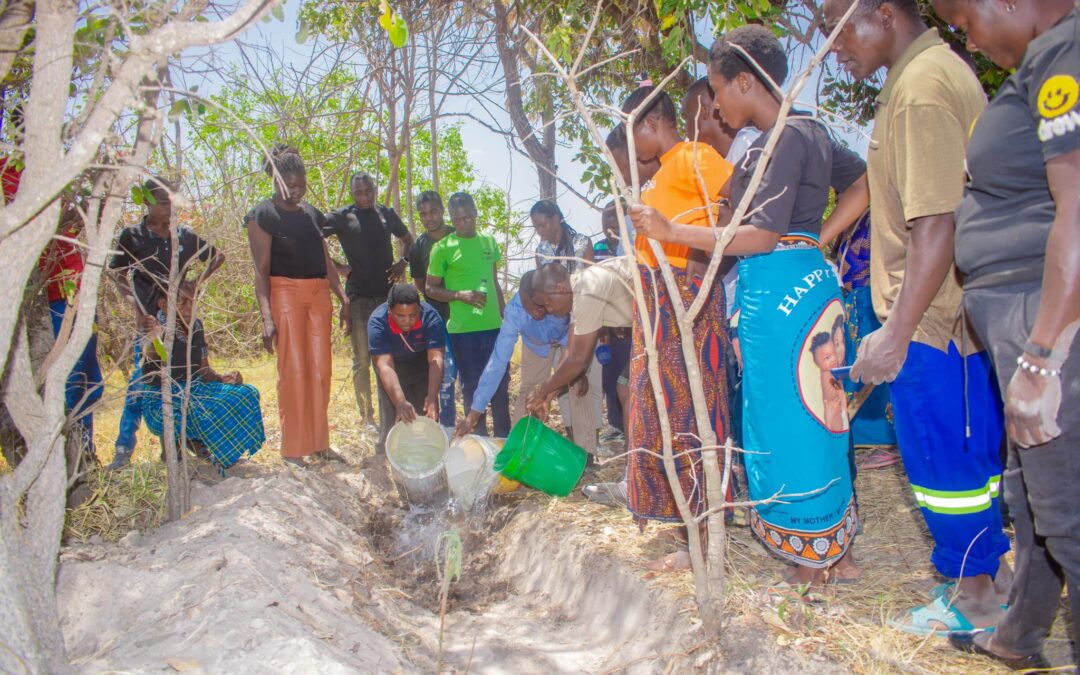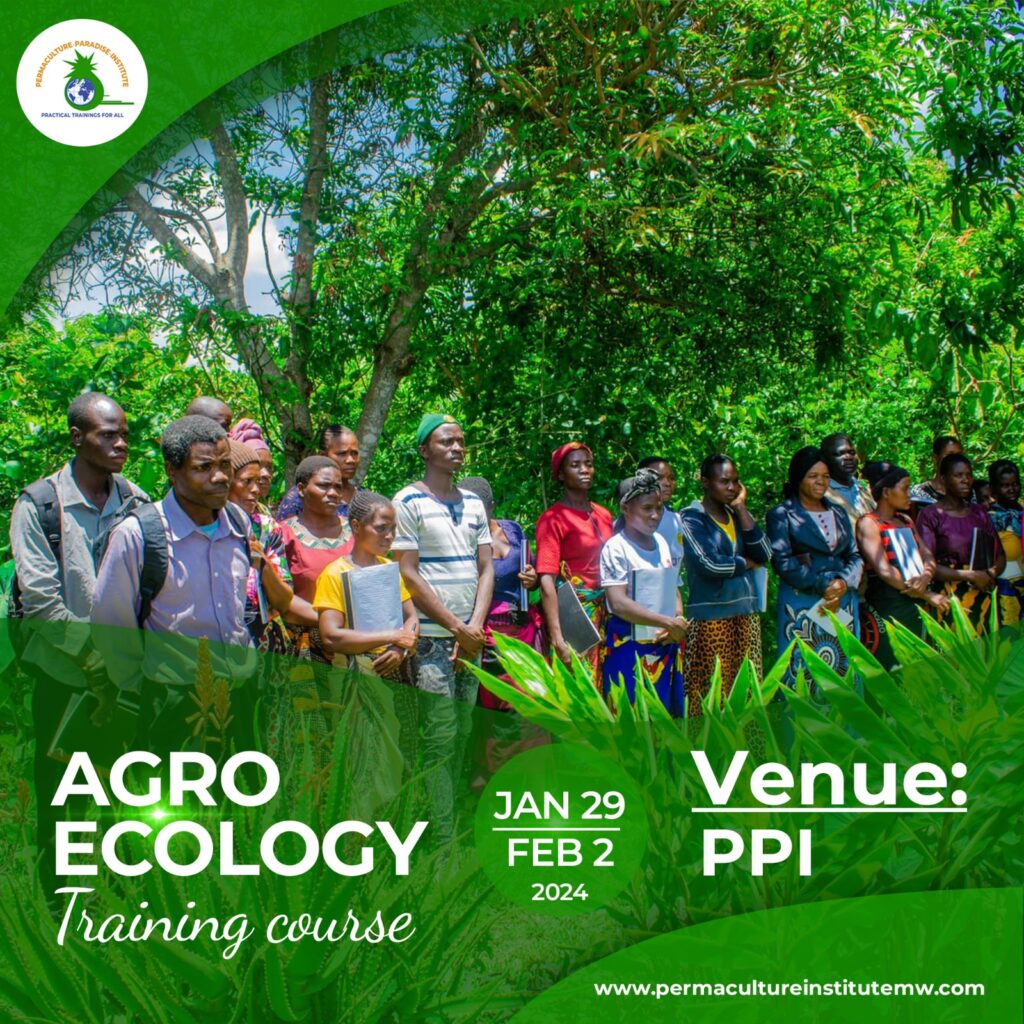As participants arrived for day three of the training course on agro-ecology, the energy in the air was electric with anticipation. After two enriching days of learning and hands-on experimentation, we were ready to tackle two pivotal topics: compost process monitoring and sustainable water management. These subjects are essential for creating a resilient agricultural ecosystem that nurtures both plants and the environment.
The day commenced with an engaging workshop on composting. Participants were introduced to the intricacies of the composting process, exploring not only the “what” but also the “how” of effective compost management. The focus was on understanding the environmental factors that influence compost quality, such as temperature, moisture, aeration, and the carbon-to-nitrogen ratio.
A range of composting methods was discussed, from traditional pile composting to vermiculture and bokashi fermentation. The significance of monitoring compost temperature was emphasized, as it serves as an indicator of microbial activity and decomposition efficiency. Attendees learned to use thermometers and moisture meters, acquiring valuable practical skills that they could apply on their own farms. One of the most exciting parts of the workshop involved a hands-on
demonstration where participants were tasked with creating their own compost bins. With an assortment of green materials like vegetable scraps and brown materials such as dry leaves, attendees collaborated to layer the inputs correctly, ensuring an optimal environment for decomposition. The camaraderie was palpable as participants exchanged tips and ideas to maximize their composting efforts, showcasing the essence of community in sustainable agriculture.
After a midday break filled with lively discussions and shared experiences, the afternoon session transitioned to sustainable water management—a critical component in agro-ecology. Participants learned about the principles of designing water systems that work harmoniously with natural landscapes, rather than against them.

The importance of water conservation was highlighted, especially in the face of climate change and increasing environmental pressures. Participants discovered a variety of techniques, such as rainwater harvesting, contour farming, and the use of swales to optimize water flow and retention. These designs not only help in managing water more efficiently but also enhance soil health and reduce erosion.
A particularly engaging segment featured case studies of farms that successfully implemented innovative water management strategies. Attendees were inspired by stories of how these strategies not only improved crop yield but also revived local ecosystems. Ideas such as creating small ponds to support biodiversity and utilizing drip irrigation systems to conserve water sparked lively discussion about how each participant might adapt these strategies to their specific contexts.

As day three progressed, the interconnectedness of composting and water management became increasingly apparent. Participants engaged in discussions about how healthy soil, nourished by compost, retains water more effectively, thereby fostering a cycle of sustainability. This holistic view underscored the course’s central theme: agro-ecology thrives on the interdependencies within ecosystems.
As the day came to a close, participants reflected on their growing knowledge and skills. They left with not just theoretical insights but also tangible applications that could enhance their farming practices. The enthusiasm was contagious, as individuals exchanged contact information and promised to share their own composting and water management experiences in the weeks to come.
With day three behind us, excitement builds for the upcoming sessions that will delve into agro-ecological strategies for pest management and optimizing crop diversity. As participants prepare to take their newfound skills into the field, they are equipped with tools to cultivate both sustainable practices and vibrant communities. The journey towards a more resilient agricultural future is well underway, and together, we are creating a movement that honors the delicate balance of nature and the importance of sustainability.



